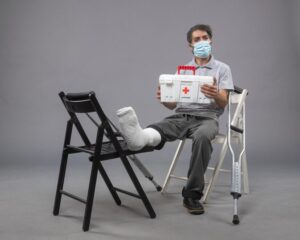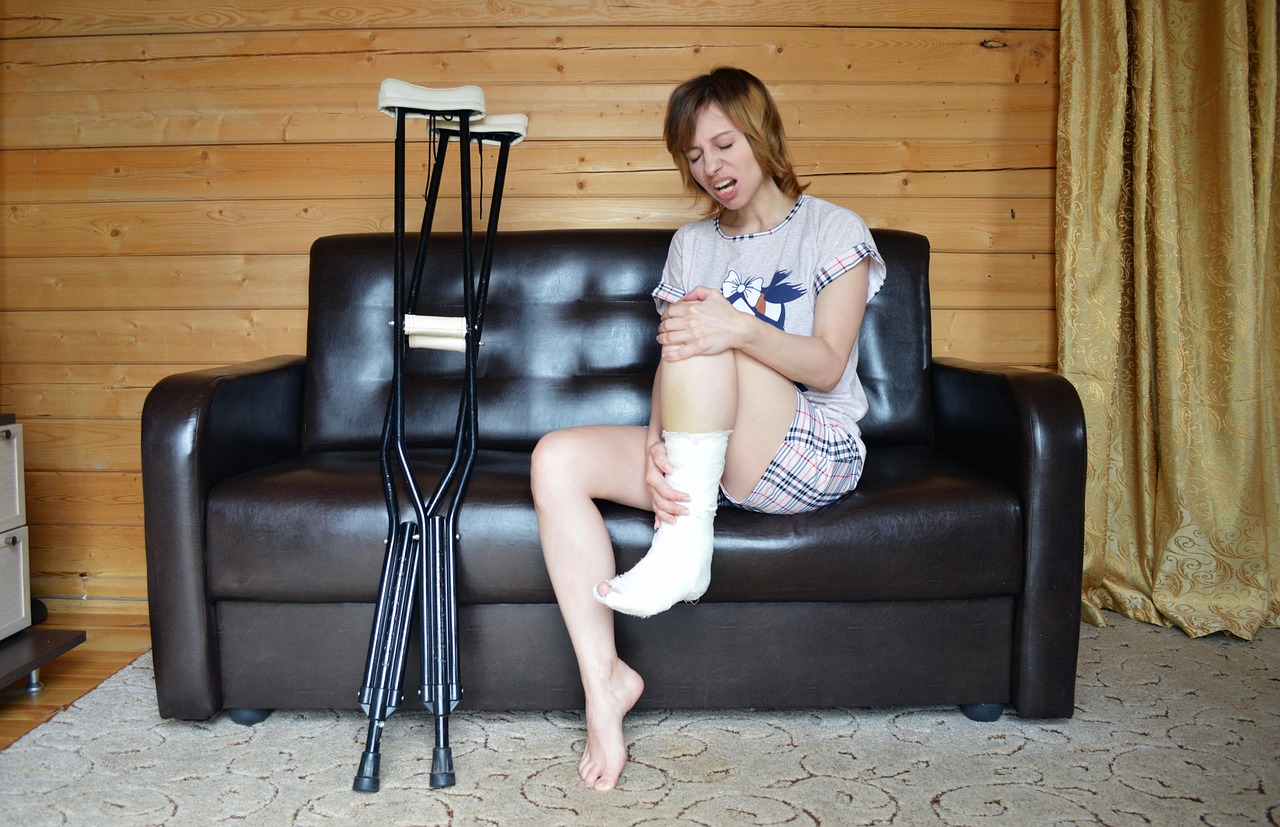Auto accidents, even seemingly minor ones, can result in a spectrum of injuries, from superficial wounds to hidden internal trauma. In the aftermath of such events, the need for prompt medical attention is undeniable. Urgent care centers have emerged as a pivotal resource, offering accessible and efficient care for a wide array of auto-related injuries.
Why Choose Urgent Care for Auto Injuries?
- Immediate Access to Care
One of the primary benefits of choosing urgent care is the quick access to medical attention. Unlike emergency rooms with long wait times, urgent care centers typically offer same-day treatment without the need for an appointment.
- Comprehensive Injury Assessment
Urgent care clinics are equipped with on-site diagnostic tools like X-rays and lab testing. This means you can get a thorough evaluation of your injuries on the spot, helping doctors create a personalized treatment plan.
- Cost-Effective Treatment
Compared to emergency rooms, urgent care services are more affordable. Many clinics also work with auto insurance providers or personal injury protection (PIP) plans, making treatment accessible and budget-friendly.
Common Auto Injuries Treated at Urgent Care
Urgent care centers are equipped to handle a variety of auto injuries, including:
- Soft Tissue Injuries:
- Sprains, strains, and contusions are common after auto accidents. Urgent care providers can assess these injuries, provide pain relief, and recommend appropriate treatment, such as bracing or physical therapy.
- Whiplash:
- This neck injury, caused by sudden head movements, often results in pain and stiffness. Urgent care providers can diagnose whiplash and provide pain management and rehabilitation guidance.
- Lacerations and Abrasions:
- Cuts and scrapes can be cleaned, sutured, and dressed at urgent care centers, minimizing the risk of infection.
- Minor Fractures:
- Urgent care facilities can handle minor fractures, such as finger or toe fractures, providing splinting and initial pain management.
- Concussions:
- Mild concussions can be assessed at urgent care, with providers monitoring for worsening symptoms and providing guidance on recovery.

The Urgent Care Process for Auto Injuries
- Initial Assessment:
- Upon arrival, patients undergo a thorough assessment, including vital signs, medical history, and a physical examination.
- Diagnostic Testing:
- If necessary, X-rays or other diagnostic tests are performed to evaluate the extent of injuries.
- Treatment and Management:
- Based on the diagnosis, treatment is provided, which may include wound care, splinting, pain medication, or other interventions.
- Referral and Follow-Up:
- Patients receive instructions on follow-up care, including referrals to specialists or physical therapy, if needed.
- Documentation:
- Detailed medical records are kept, which can be crucial for insurance claims and legal purposes.
When to Choose Urgent Care vs. Emergency Room
Urgent Care:
- For non-life-threatening injuries, such as sprains, strains, minor fractures, and lacerations.
- When immediate care is needed, the condition is not critical.
- For cost-effective treatment and shorter wait times.
Emergency Room:
- For life-threatening injuries, such as severe bleeding, chest pain, difficulty breathing, or loss of consciousness.
- For severe head injuries or suspected internal bleeding.
- When immediate, critical care is required.
FAQs
1. Do I need to report my auto accident to my insurance company before going to urgent care?
Yes, it’s generally recommended to notify your insurance company as soon as possible after an accident.
2. What documents should I bring to urgent care after an auto accident?
Bring your driver’s license, insurance information, and any relevant accident reports.
3. Can urgent care provide documentation for my insurance claim?
Yes, urgent care centers provide detailed medical records that can be used for insurance claims.
4. How long will it take to be seen at urgent care after an auto accident?
Wait times can vary, but urgent care centers typically offer shorter wait times than emergency rooms.
5. Can urgent care prescribe pain medication for auto injuries?
Yes, urgent care providers can prescribe appropriate pain medication as needed.
Conclusion
Urgent care centers play a crucial role in the continuum of care following auto accidents. They provide timely and efficient treatment for a wide range of injuries, offering a valuable resource for individuals seeking immediate medical attention. By understanding the services offered and when to seek urgent care, patients can ensure they receive the appropriate care and support for their recovery.
Reach out to our Urgent care for auto injury treatment (432) 599-9580 or visit us https://sccmidland.com/


